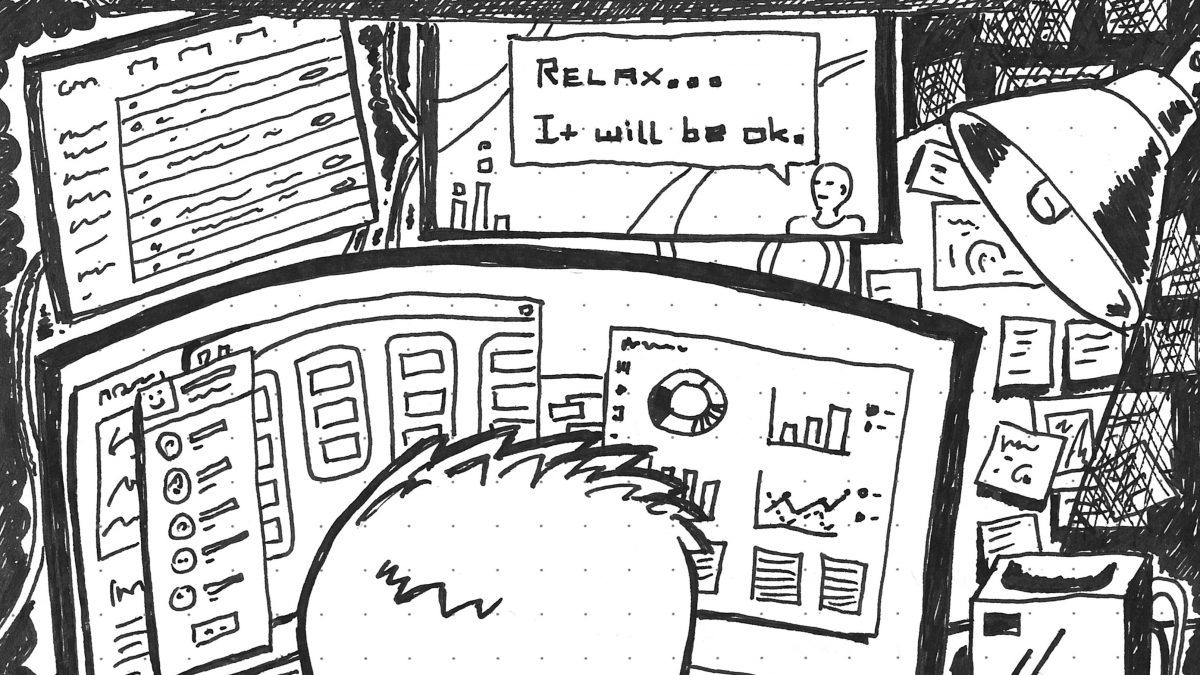Good way to think about apologies (and relating to others in general): I thought Seth Godin’s Defective apologies post was spot on and I think the model of Empathy -> Connection -> Trust is very simple and powerful.
Consider that an effective apology has a few elements to it:
1. You know what sort of apology you’re offering.
2. You share your story with the aggrieved as well as hearing their story, thus becoming human, and then taking the time to help them feel seen by you.
3. You engage with the person who was harmed and find out, beyond being seen, what would help them move forward, noting that it’s impossible to make complete amends.
Thinking about digital minimalism and parenting: I recently listened to a 10% happier podcast with Cal Newport (a lot of it was about his new book, Digital Minimalism). On a recommendation I also checked out his blog, which is fantastic, and this article on how The Arizona Cardinals Now Give Their Players Phone Breaks every 20-30 minutes during team events caught my eye.
Many concerned readers sent me this article, and with good reason. It’s an extreme case of a techno-philosophy that I facetiously call the kids these days mindset, in which parents, educators, bosses and (it now seems) coaches shrug their shoulders when confronted with the impacts of highly addictive technology on young people.
Yeah, we can’t just shrug…
Most coaches would never tolerate a habit that was clearly harming their players’ physical fitness, regardless of how popular it was in the general public. The same standards should hold for their players’ cognitive fitness.
The broader point here, however, is that these standards should also extend to less obvious applications of this mindset, such as when a teacher concedes to student demands to replace written book reports with YouTube videos, or a parent shrugs off a child’s Fortnite addiction.
Reinforcement for wanting to follow a creators path: Following the Cal Newport-tip above, I read this piece from the great Derek Sivers on How to change or build your career. In it he links to So Good They Can’t Ignore You by Cal Newport, which is going on my list along with Deep Work.
Looking for your passion, purpose, or calling is an example of the fixed mindset. You’re assuming that this is an inherent and unchanging thing inside of you, like trying to read your DNA or blood type. But you won’t find passion and purpose there, because that’s not where those feelings come from.
Passion and purpose are emotions that come after expertise and experience. The way to get them is to commit to the path of mastery, get great at something, and do great work.
A great career isn’t something you find — it’s something you earn when you’ve got rare and valuable skills to offer in return.
The new album from Flying Lotus is on point: This album has been my close companion for a bunch of work over the past week: Flying Lotus – Flamagra.
Favorite quote from the week:
The great aim of education is not knowledge but action.
Herbert Spencer








Comments welcome!